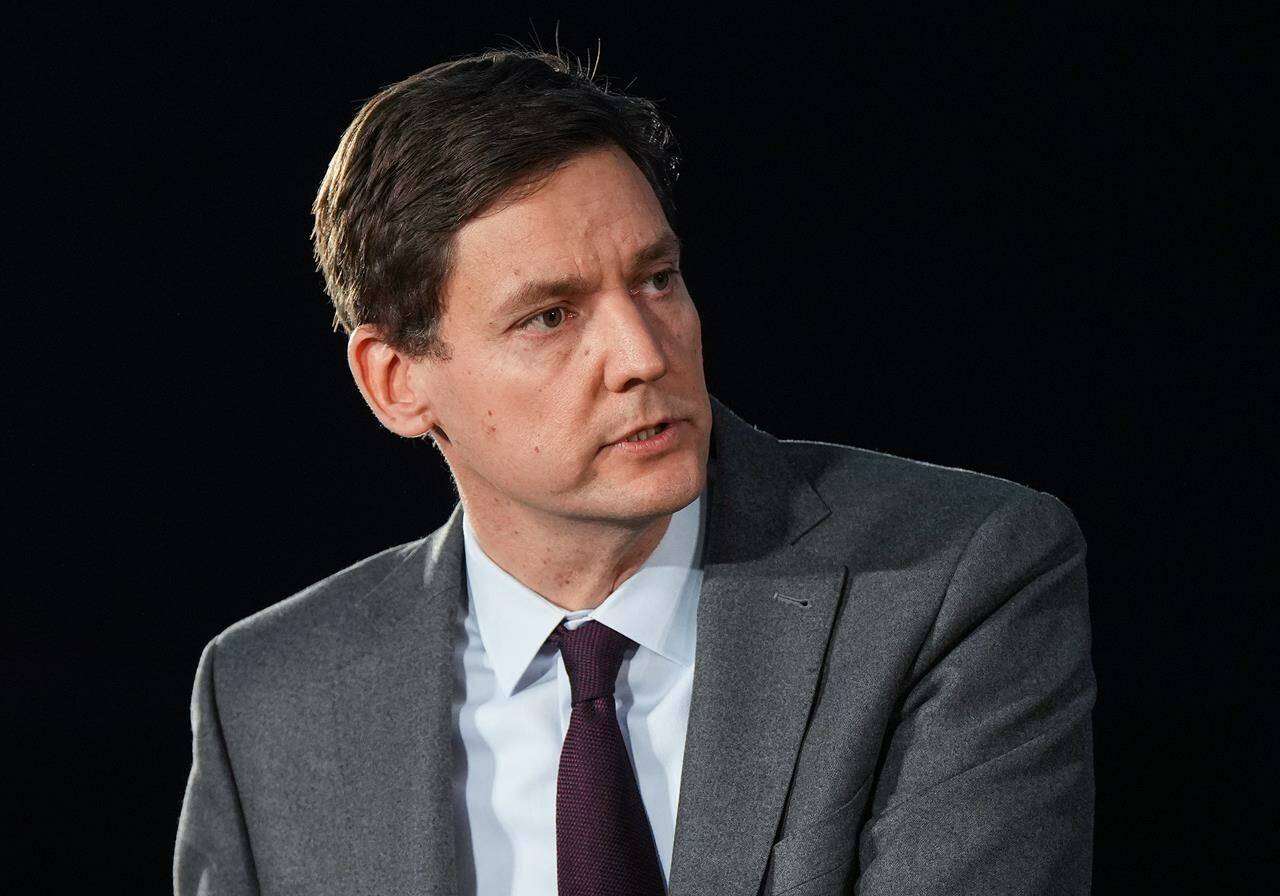B.C.’s premier says a new public safety plan for the province includes more mental health response teams and an increased focus on tackling repeat offenders.
David Eby shared details of the public safety strategy on Sunday (Nov. 20), two days after being sworn in as the province’s 37th premier.
Eby says the new plan will include response teams comprised of police, prosecutors and probation officers who will focus on repeat offenders, as well as an increased number of mental health response teams that can serve more B.C. communities.
Both new measures come from recommendations made in a government-commissioned report into repeat offenders, which was released in September. It focused largely on the need for increased mental health and substance use supports.
READ ALSO: B.C. can’t resolve repeat offender problem without more mental health, addictions support: report
Eby says the teams of police, prosecutors and probation officers will be tasked with monitoring repeat offender cases, sharing information to keep violent offenders in jail before trial, promoting rehabilitation, identifying crime trends, and conducting investigations. It’s a new version of B.C.’s Prolific Offender Management Program, which ran from 2008 until 2012.
On the mental health side of things, 12 peer-assisted care teams will be created. They’ll be comprised of trained peers, social workers and psychiatric nurses who can respond to certain wellness calls instead of police. In certain situations, they may also be called in alongside police to help de-escalate a situation and advocate for the person in distress.
B.C. is also expanding funding for already existing mobile crisis response units, which pair police officers and health-care workers together to attend mental health calls. Communities will soon be able to apply for part of the $3-million fund.
Eby says the province also plans to open 10 new Indigenous justice centres to provide “culturally appropriate” support for those caught up in the system, as well as a revamped addictions care model at Vancouver’s St. Paul’s Hospital. Five of the new centres will open in 2023, all in metropolitan centres. They’ll join three existing centres in Merritt, Prince George and Prince Rupert, as well as one virtual one.
Eby says the provincial plan is needed because of federal changes to the bail system, as well as the ongoing overdose crisis.
He says the latter has led to a significant increase in brain injuries. Over the next three years, B.C. will invest $4.5 million into the Brain Injury Alliance. The province had previously committed $1 million a year for 2021-2022 and 2022-2023.
Eby promised his first days in office would see the launch of NDP government plans to tackle the province’s difficult and ongoing issues of public safety and affordable housing.

